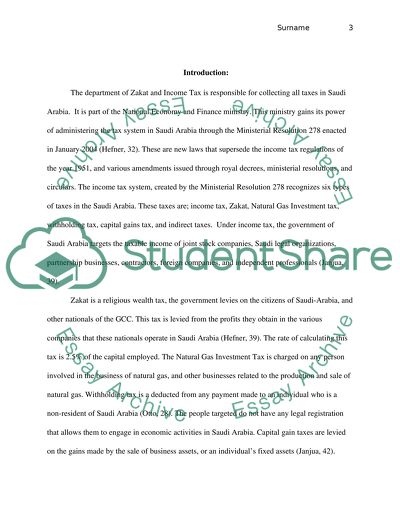Cite this document
(“Zakat and the taxation system in Saudi Arabia Research Proposal”, n.d.)
Retrieved from https://studentshare.org/law/1657472-zakat-and-the-taxation-system-in-saudi-arabia
Retrieved from https://studentshare.org/law/1657472-zakat-and-the-taxation-system-in-saudi-arabia
(Zakat and the Taxation System in Saudi Arabia Research Proposal)
https://studentshare.org/law/1657472-zakat-and-the-taxation-system-in-saudi-arabia.
https://studentshare.org/law/1657472-zakat-and-the-taxation-system-in-saudi-arabia.
“Zakat and the Taxation System in Saudi Arabia Research Proposal”, n.d. https://studentshare.org/law/1657472-zakat-and-the-taxation-system-in-saudi-arabia.


